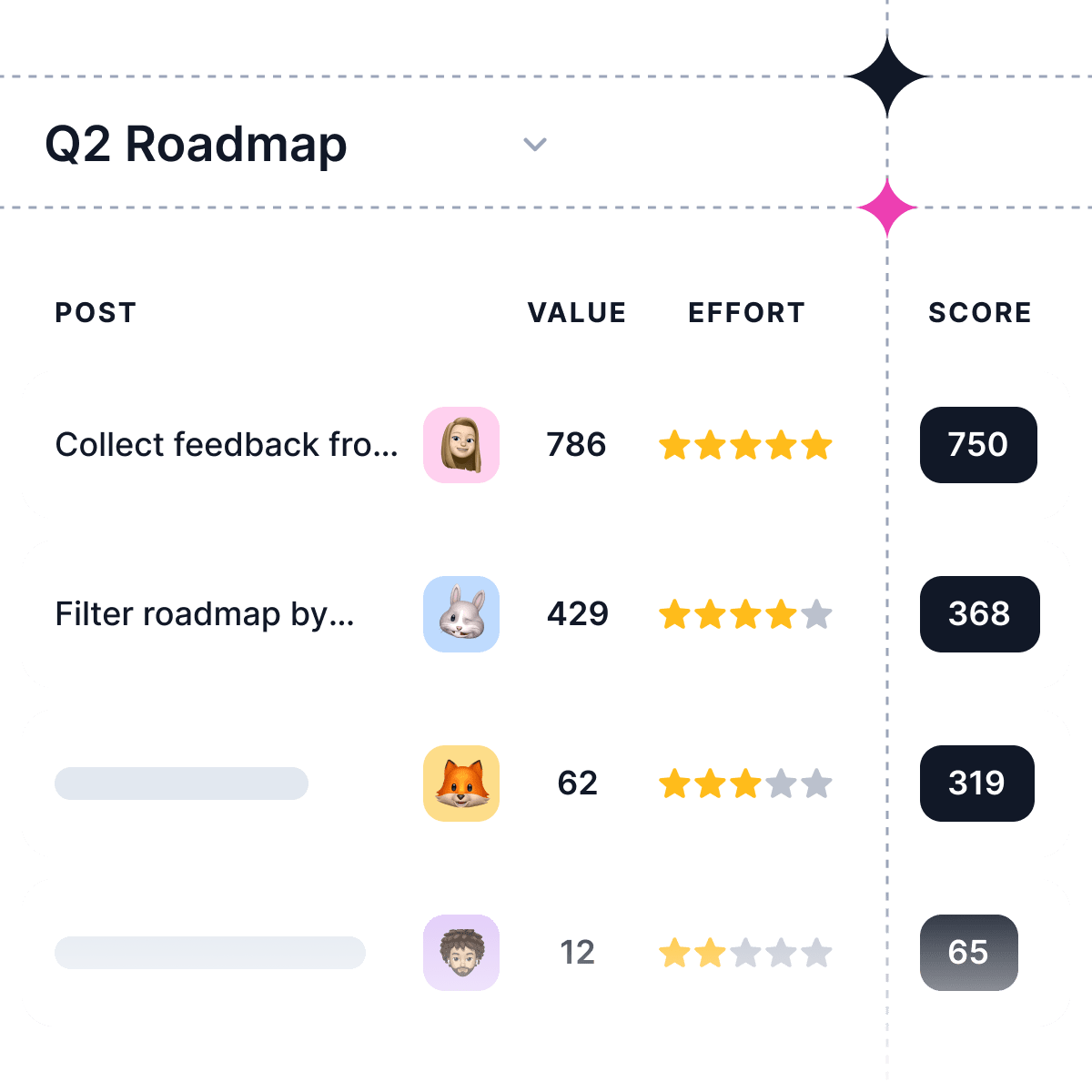In this article, we will discuss the concept of a product in product management, explore the four different types of products, and provide examples of products in product management.
Defining Product in Product Management
A product in product management refers to any tangible or intangible good or service that is created for consumption by customers or users. It can be a physical object, a digital product, or a service that fulfills a specific need or want. The primary goal of product management is to maximize the value of the product while ensuring it aligns with the business's objectives, customer needs, and market demands.
What are the Key Components of a Product in Product Management?
-
Customer Value: The product must be designed and developed to solve a problem or fulfill a need that the customers have. It should provide value and satisfaction to the customers.
-
Product Strategy: The product strategy defines the overarching vision, goals, and objectives for the product. It provides a roadmap for the development and growth of the product in the market.
-
Product Development: The product development process involves building, testing, and iterating the product to ensure it meets the needs of the customers and the market.
-
Product Lifecycle Management: The product lifecycle management process involves managing the product through its entire life, from inception to retirement. This includes ongoing product updates, enhancements, and support.
What are the 4 Types of Product in Product Management?
There are four main types of products in product management, each with its unique characteristics and requirements.
-
Physical Products: These are tangible items that customers can touch, feel, and use. Examples include consumer electronics, automobiles, and clothing. Physical products require manufacturing, inventory management, and shipping logistics.
-
Digital Products: Digital products are intangible goods that exist in a digital format. Examples include mobile apps, software, eBooks, and online courses. Digital products require development, testing, and ongoing updates.
-
Services: Services are intangible offerings that involve the performance of a task or activity for the benefit of the customers. Examples include consulting, coaching, and maintenance services. Services require skilled professionals, efficient processes, and effective communication.
-
Hybrid Products: Hybrid products combine elements of physical products, digital products, and services. Examples include smart home devices, streaming services, and software-as-a-service (SaaS) solutions. Hybrid products require a blend of skills and resources from all three types of products.
Product in Product Management Examples
To better understand the concept of a product in product management, let's look at some examples:
Example 1: Smartphone (Physical Product)
A smartphone is a physical product that offers communication, entertainment, and productivity features. Product management for a smartphone involves understanding customer needs, developing a product strategy, designing and engineering the device, managing the manufacturing process, and marketing the product to potential customers.
Example 2: Mobile Banking App (Digital Product)
A mobile banking app is a digital product that enables customers to manage their finances on the go. Product management for a mobile banking app involves creating a user-friendly interface, developing secure and reliable features, ensuring seamless integration with banking systems, and continuously updating the app based on customer feedback and market trends.
Example 3: Marketing Consultancy Services (Service)
A marketing consultancy service is an intangible product that helps businesses improve their marketing strategies and achieve their goals. Product management for a marketing consultancy service involves developing a service portfolio, hiring experienced consultants, establishing efficient processes, and maintaining strong client relationships.
Example 4: Fitness Tracker (Hybrid Product)
A fitness tracker is a hybrid product that combines a physical device with digital features and services. Product management for a fitness tracker involves designing the wearable device, developing the software and mobile app, offering personalized coaching services, and leveraging data analytics to improve the customer experience.
In conclusion, understanding the concept of a product in product management is essential for delivering successful products that meet customer needs and drive business growth. By recognizing the different types of products and their unique characteristics, product managers can better tailor their strategies and processes to maximize the value of their products.


